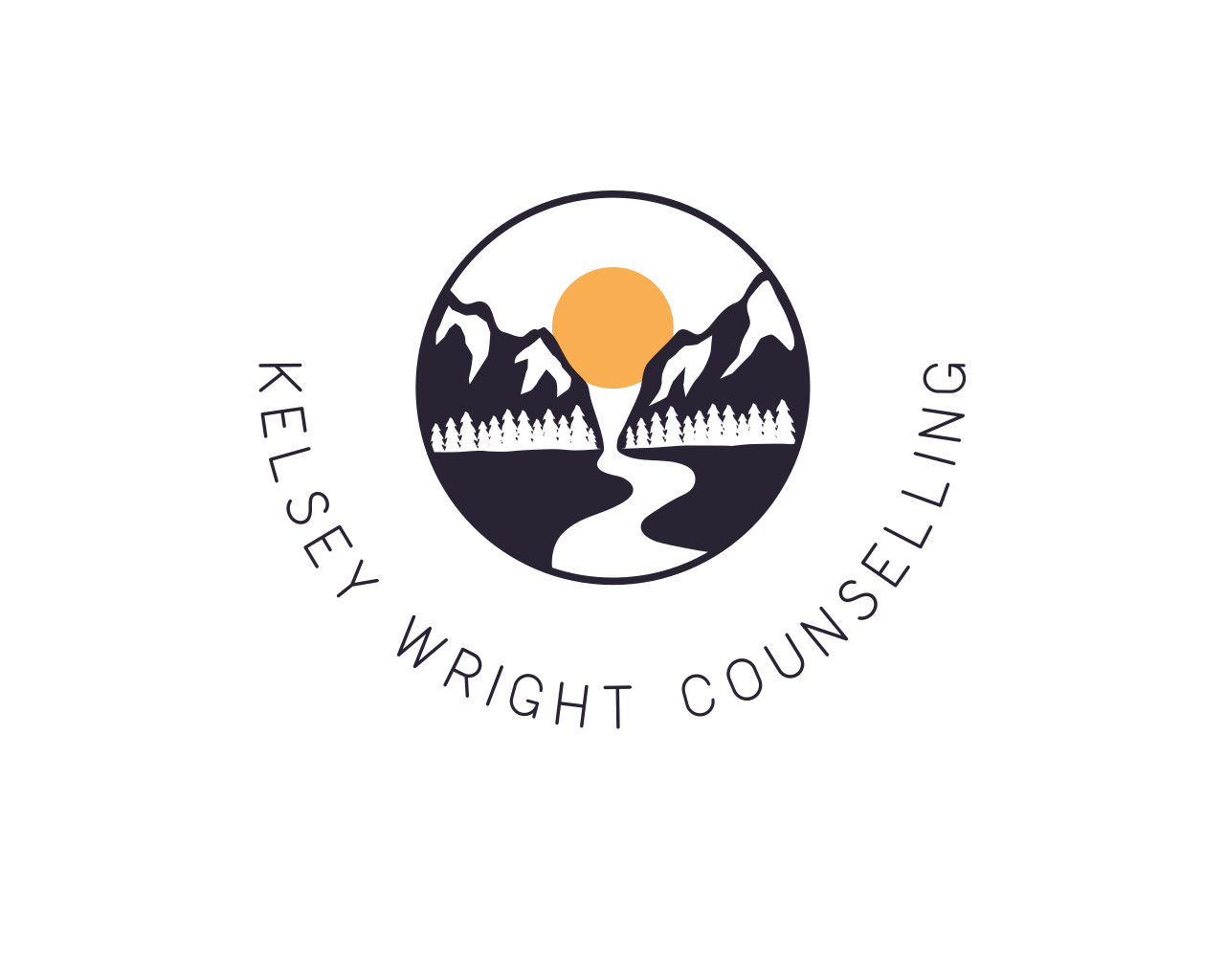Moderation or Abstinence- Reflecting on Goals for Recovery
There’s a classic saying that goes, “Everything in moderation.” But let’s be honest—some of us hear that and think, “Yeah, but what if I’m really bad at moderation?” The truth is, when it comes to recovery from drinking and substance misuse, moderation works for some people, and for others, it’s a bit like trying to eat just one chip. It’s almost impossible to eat just one.
The conversation around alcohol and substance use is often loaded with outside opinions, rules, and judgment. But here’s the thing: no one else is living your life. No one else wakes up in your body, deals with your stress, or has to manage your relationships, responsibilities, and mental health. That means the best person to figure out what works for you… is you.
Some people find that abstinence is the only way forward—it simplifies things, removes temptation, and helps them focus on other parts of life. Others discover that they can build a healthier relationship with alcohol or substances, using them socially, recreationally, or within limits that align with their values and lifestyle. There’s no one-size-fits-all answer here, just a bunch of trial and error (hopefully with a little self-compassion along the way).
It’s worth reflecting on why we use substances in the first place. Are they helping us relax after a stressful day? Making social situations less awkward? Easing physical pain? Are they a way to escape, numb out, or turn off the endless mind chatter? It’s completely normal to seek relief—our brains are wired to avoid discomfort. But sometimes, that short-term relief comes with long-term consequences that make things worse.
If you’re noticing negative impacts—strained relationships, lost time, waking up with a deep sense of “Ugh, why did I do that again?”—it might be time to ask some bigger questions. What really matters to you? Are your drinking or substance habits helping you live in alignment with your values, or are they pulling you away from the life you want?
Our culture is full of ways to check out—drinking, scrolling, binge-watching, over-exercising (yes, that’s a thing). It’s not just about substances; it’s about how we deal with discomfort. What if, instead of avoiding difficult emotions, we turned toward them? What if we allowed ourselves to feel the discomfort of sadness, anxiety, or loneliness instead of numbing them? I know, I know—sounds awful. But the more we build tolerance for those emotions, the more we grow. And growth requires discomfort. If we’re always comfortable, we’re probably not changing.
So, if your current relationship with substances isn’t sitting right, you’re not alone. And no, you don’t need to have it all figured out today. Maybe the first step is just asking yourself, “What do I really need?” and seeing where that question takes you. Because at the end of the day, this is your journey. Who am I to judge?



